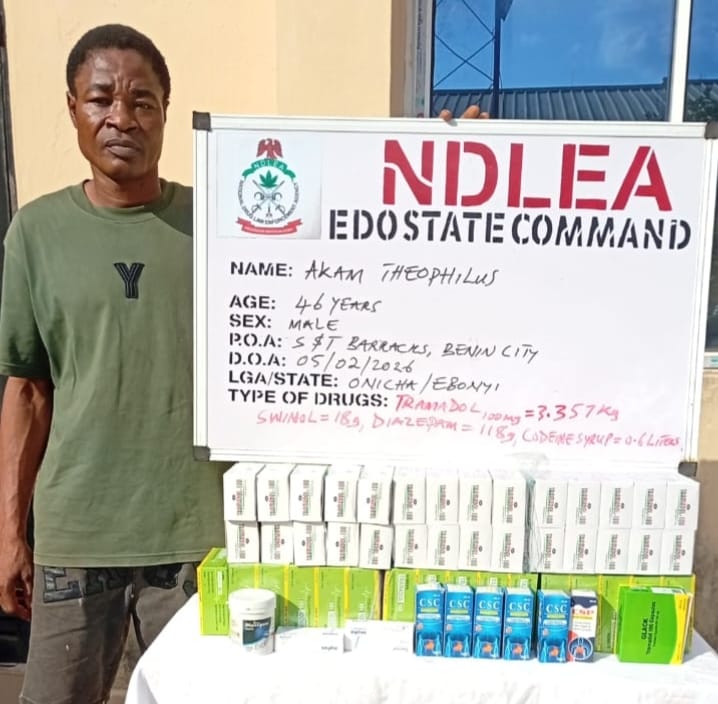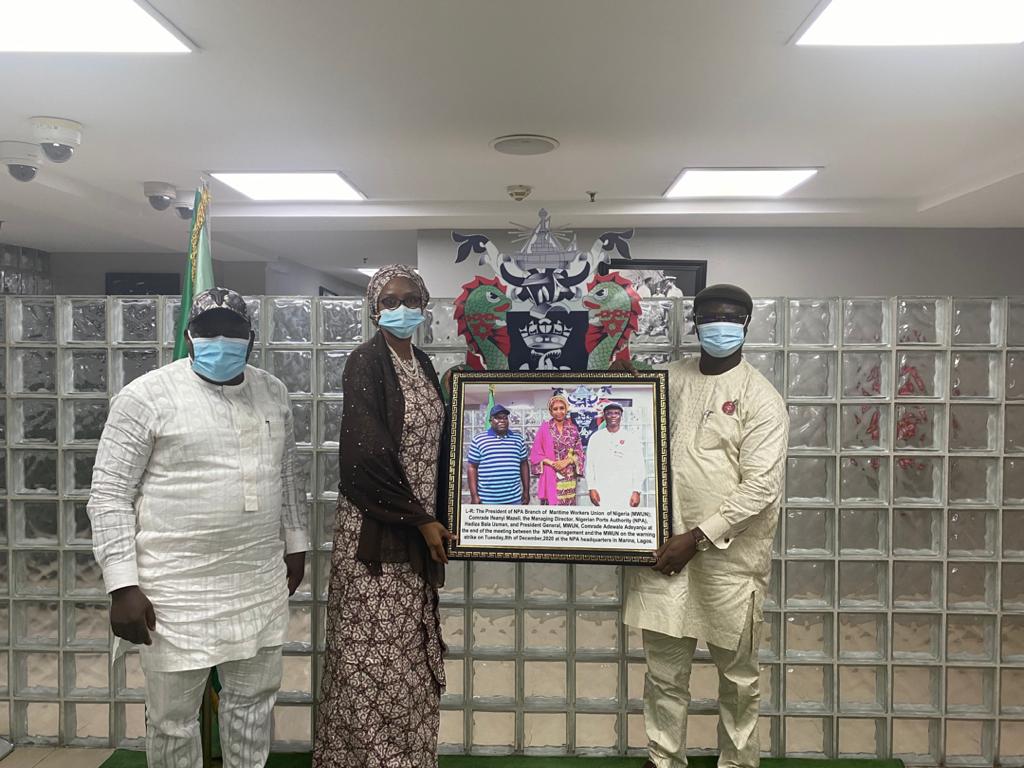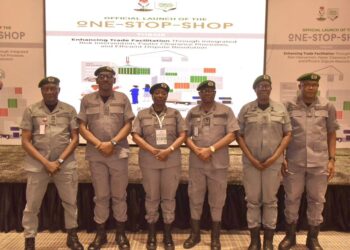Welcome and thank you for joining us on the programme At The Marina Today. We have the privilege of being joined for discussion by Chief Isaac Jolapamo, a shipowner and Chairman/CEO of Morlap Group.
Chief Jolapamo talks with us on how hard hit the shipping sub sector was in 2020 while the Covid19 pandemic ravaged the world. He also talks on what Nigerian shipowners have been doing, looking at planning for life after leaving active service from the shipping world.
Transcription
How did you see the covid19 situation disruption of the shipping sector?
I will first say that we have various areas in the shipping industry and the hard hit was actually the cruise boat operations. That is the area where there is high volume and close human contacts.
For us, it is mostly tanker operations and service boats going offshore.
The only area where is concern is in crew change, because they have to interface. But that has kept most seafarers at sea longer than is expected. Over all, it has not been a disastrous situation. But we have other areas begging for attention in our own clime, than how it affected the global space.
How did you see the outlook eventually and what do you think of it for 2021?
There is still prospects. Globally they are still building new ships. But in our own environment, I will say we have not done much and it is not the pandemic that is affecting the growth, rather, it has always been affected by other factors.
What are expectations by indigenous shipowners for 2021?
People are being sensitised to begin to look inward and I suppose that we are getting some fillers that people will begin to cooperate.
I said something some time ago that when the Nigerian National Petroleum Corporation (NNPC) came on stream, we realised that all the powers rested on the major seven then, there was no means to take bunkers to ships that the NNPC was going to charter. NNPC was not known, so they had to charter vessels and pay in advance. So the people there encouraged Nigerians to take up the opening and we found a few people, of course, if you have a job and you have the heart of steel, why not. It was going to grow like that, but something happened along the line and it was jettisoned.
What is the attraction of the campaign?
Nothing really special. It is just like a service to the country.
Touching life through shipping?
We are not on course and not on the right direction.
Shipping development has to be the bedrock, be on the front burner.
What it should entail should be like in five or 10 years, we should own x number of tankers, we should own cargo carriers of different sizes. Until that is done then we will know that we have a maritime sector.
FG’s move to start a National Fleet?
FG has started it, but there must be government will to make it happen, in the sense that of you have a national fleet, there should be cargo and assess to it. Something must give way to make it happen, either some policy or other hindrances.
It is only when we stop putting the cart before the horse that it would happen.
What are we not doing right and what should be done?
If we are going to have national fleet, we can have people with experience, like minds to work together, she them up and give them the business they are going to do. We saw how the PIL was coming to partner, but the conditions were not right. And the condition is just the cargo.
We are not talking of a national all fleet like the NNSL, we are talking of group of Nigerians who would pool their resources and have a fleet flying Nigeria and have access to cargo carriage either wet or dry.
Government does not need to fund. We just need the capable operator, the financial institution, the cargo.
It also just need a track record of those going to be involved, integrity and commitment -wise.
Flip side
How has it been planning for life after active service in the sector?
There hasn’t been any success story.
South of Saharan, we have just taken the bull by the horn. They have realised the importance of the water, but inconsistency in government policy has not helped, unlike Europe where you see family businesses in shipping for over a century.
Generally, it is advisable you keep money elsewhere when you make money in shipping, particularly in our area where we do cowboy shipping, all comers’ affairs. People had made attempts to see that they changed baton, bit it has not worked much because of the inconsistent policies.
For some good reasons, it is now in the open how much we are losing for not developing shipping, in-house.
#AtTheMarinatoday
#CEOsTalkBusiness
#MaritimeRealityCheck

































































